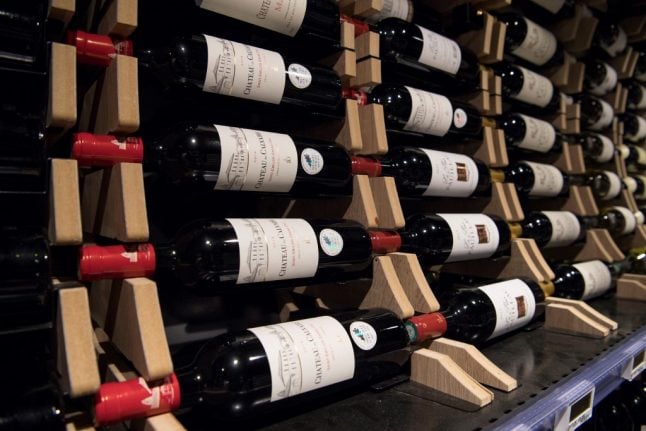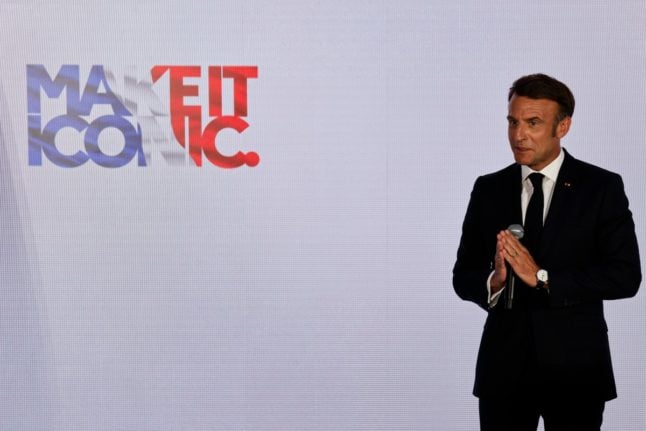The Préfet of the Aisne département in north east France on Monday announced that the sale of all alcohol to be consumed off the premises was banned during the coronavirus lockdown.
With bars, restaurants and cafés already closed, it effectively made the département dry for the rest of the lockdown period.
Ziad Khoury, who also stopped shops from opening after 8pm in the département, says he is concerned about the link between alcohol and violence, especially domestic violence.
L’ouverture des commerces dans l’Aisne limitée à 20 heures, la vente à emporter d’alcool interdite https://t.co/UQRxfMy0Bz
— ziad khoury (@ziadkhoury5) March 24, 2020
He said: “Excessive consumption of alcohol is likely to create increased disturbances and violence, especially within the family.”
However 24 hours later – and following worldwide media attention and much dismay on social media – the préfecture announced that it was temporarily halting the ban in order to consult more widely, particularly with addiction specialists about the possible side effects of a ban.
#confinement #covid_19 Le préfet de l'#Aisne fait marche arrière et annule son arrêté d’interdiction de vente d’alcool
➡ on vous explique pourquoi https://t.co/znfEt9PXSe pic.twitter.com/lcC8GO6qVZ— L'Union-L'Ardennais (@UnionArdennais) March 24, 2020
The ban on shops opening after 8pm remains in place and joins many other local restrictions.
Local authorities in several areas have enacted extra restrictions on top of the national lockdown – many beaches are out of bounds, the walkways along the Seine are off limits and dozens of towns have imposed curfews during the lockdown.
READ ALSO These are the French towns that have imposed a curfew
Many campaigners across Europe have raised fears about people trapped with abusive partners during the lockdown.
If you are France, you can call 3919 for help, or the English-language helpline SOS Helpline provides emotional support on 01 46 21 46 46, between 5pm and 9pm.



 Please whitelist us to continue reading.
Please whitelist us to continue reading.
This doesn’t make a lot of sense. Wine is a grocery item in France. Very perplexing.
Lot of sense? Try ANY??? Better go and stock up!
Oh, … already have. BURP. Excuse me!
What an idiot….. Let’s destroy the French economy even more!
This is what happens when a Préfet has an axe to grind and abuses his power.